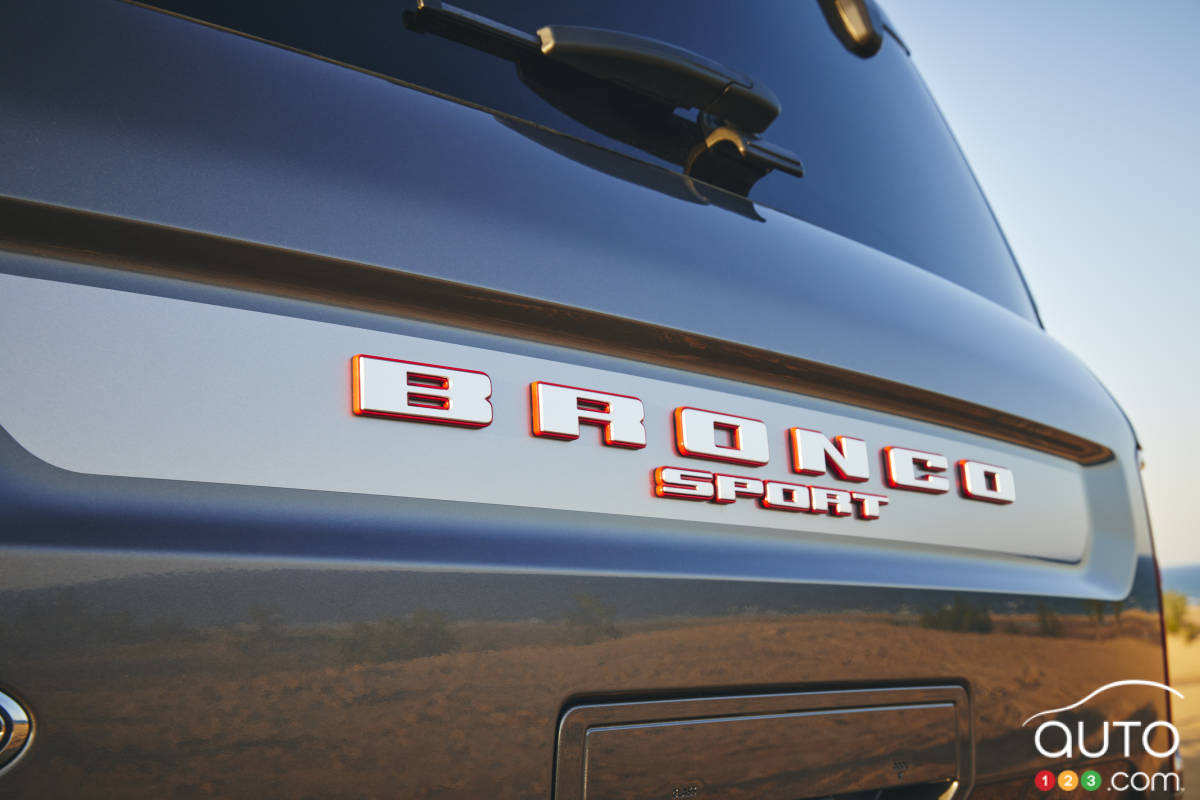
Ford is recalling nearly 770,000 SUVs in the U.S. and Canada following a year-long investigation by the NHTSA (National Highway Traffic Safety Administration) related to an issue with cracked fuel injectors. Those cracks can lead to fuel leaking into the engine compartment, increasing the risk of fire.
The affected models include the 2021-2024 Ford Bronco Sport and the 2020-2022 Ford Escape, equipped with the 1.5L 3-cylinder engine. Specifically, 70,618 vehicles in Canada are affected by the recall.

Ford Escape 2022 | Photo: Ford
The problem
The issue with cracked fuel injectors could lead to fuel leaking into the engine compartment, increasing the risk of fire.
According to the NHTSA, drivers might detect a strong smell of gas, smoke, flames under the hood and/or a warning light on the dashboard. Although Ford estimates that only 0.3 percent of the recalled vehicles actually have the defect, the risk is deemed sufficient to warrant immediate action.
A known problem… but inadequately resolved
The new recall expands on two previous campaigns (2022 and 2024) that were limited to software updates without replacing potentially defective injectors. Dumarey Flowmotion Technologies, an Italian company, is identified as the supplier of the parts in question.
An internal Ford committee had initially recommended an engine software update to detect leaks and reduce power in case of an anomaly, combined with the addition of a drainage tube to redirect fuel away from ignition sources. This temporary solution covered some 42,000 vehicles.
However, in 2024, the NHTSA opened an investigation to evaluate the suitability of that approach. It found that eight vehicles that had undergone repairs caught fire just the same; six of them had not received the software update. That recall also included vehicles that had already been repaired, as well as newer models equipped with the same engine, even if they had received the recommended updates.
The solution
For now, Ford is only offering a patch-up solution. Explains Transport Canada, “Ford will notify owners by mail. As an interim repair, a dealer will update the engine control software to detect fuel injector leaks. Owners that have already received this software update will be informed that the interim repair is not required. Once the final repair is available, you will need to return to a dealership. The final corrective actions for this recall are under development.”








